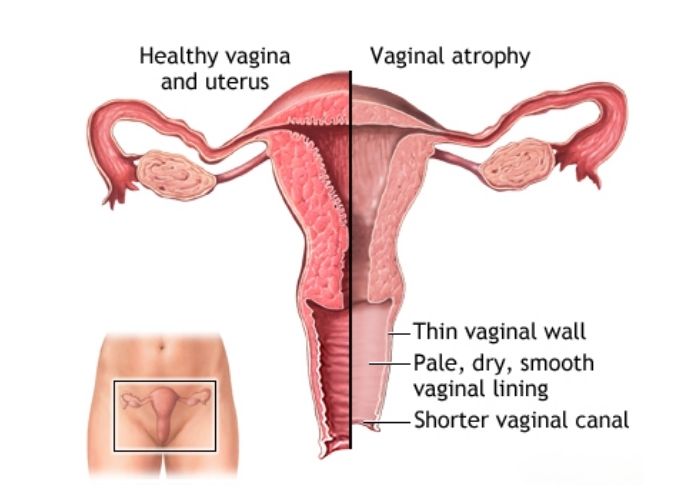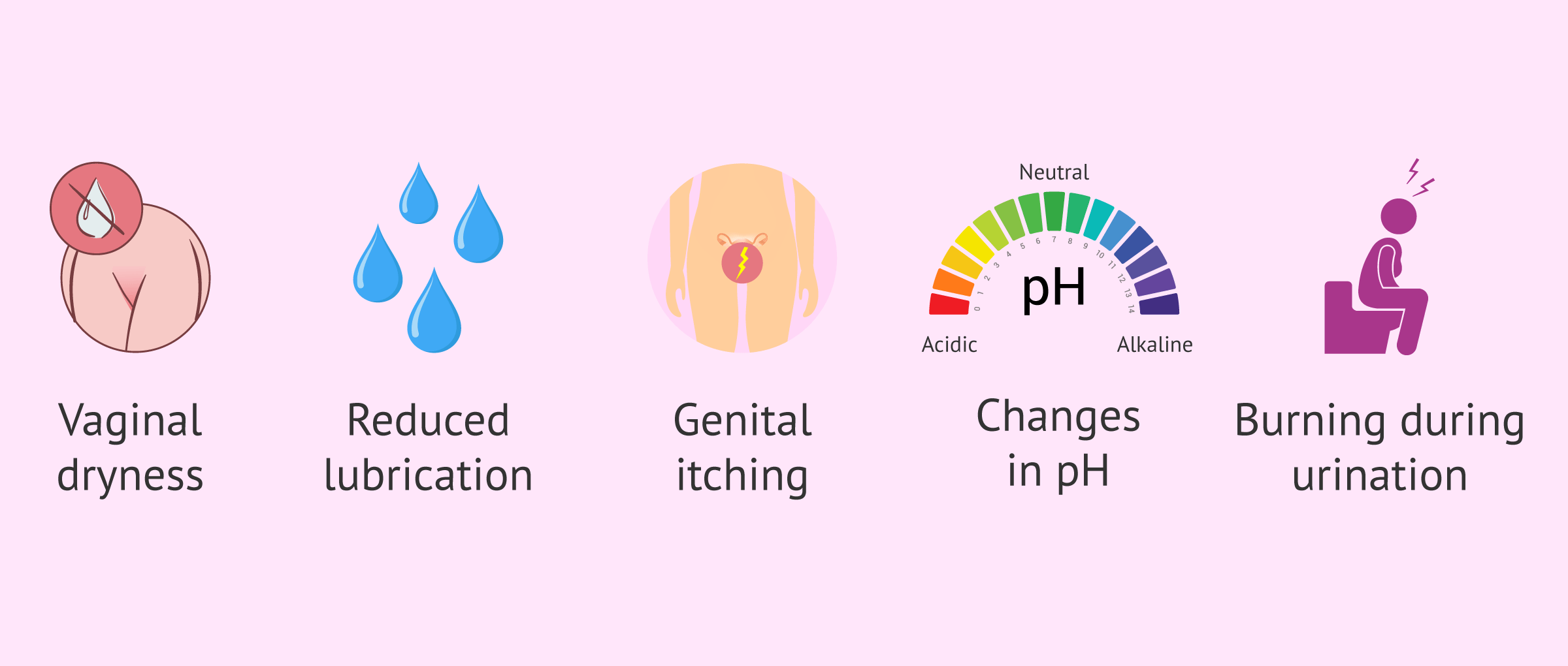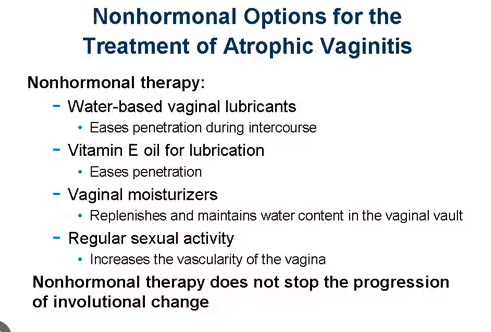


Date: 13 Aug 2025
Atrophic Vaginitis, also known as vaginal atrophy, is a common condition that affects women, especially during and after menopause.
It occurs when estrogen levels drop, leading to thinning, drying, and inflammation of the vaginal walls. This condition is not only physically uncomfortable but can also impact emotional well-being and intimate relationships.
While it is most frequently associated with menopause, atrophic vaginitis can also occur during breastfeeding, after cancer treatments, or when taking medications that reduce estrogen.
Understanding this condition is vital for managing its symptoms and improving quality of life.

Women with atrophic vaginitis may experience one or more of the following symptoms:
These symptoms often develop gradually and can worsen over time if not addressed. Early diagnosis and management are essential.
The root cause of atrophic vaginitis is a reduction in estrogen levels. Estrogen is responsible for maintaining the elasticity, thickness, and natural lubrication of vaginal tissues. When estrogen production declines due to natural or medical causes, the vaginal environment becomes more fragile and less lubricated, leading to discomfort.
Risk factors include:

Treatment for atrophic vaginitis focuses on relieving symptoms, restoring vaginal moisture, and preventing tissue injury. Two primary approaches include estrogen therapy and the use of lubricants during sexual activity.
Estrogen therapy is often the most effective treatment, as it directly addresses the root cause of the condition. Several forms of estrogen replacement are available:
To reduce friction, prevent injury to the vaginal lining, and enhance comfort, lubricants are strongly recommended. Using the right lubricant helps maintain pleasurable intimacy without aggravating symptoms.
Here are the recommended lubricants available at Pharmily Pharmacy:
This versatile 3-in-1 water-based lubricant offers a smooth glide for comfort during intimacy, massage, or solo use. It is dermatologically tested, non-sticky, and enhances sensation while protecting sensitive skin from friction.
A medical-grade, water-based lubricant, KLY is odorless, colorless, and gentle on delicate tissues. It's an excellent choice for women with atrophic vaginitis seeking a non-irritating and long-lasting solution for daily comfort or intercourse.
Infused with a stimulating formula, this lubricant enhances sensation while keeping vaginal tissues moist and supple. It is pH balanced, safe for use with condoms, and designed for smooth, pleasurable intimacy.
Known for its natural-feel glide, Skins Aqua is gentle, paraben-free, and ideal for sensitive users. It mimics the body's natural lubrication and provides consistent moisture without irritation or residue.
In addition to therapy and lubrication, the following habits can help improve vaginal comfort:
Atrophic Vaginitis is a treatable condition that, though often overlooked, can significantly impact a woman's well-being. Through estrogen therapy and the use of high-quality lubricants like those available at Pharmily.co.ke, women can restore comfort, confidence, and intimacy in their lives.
Early care, guided treatment, and a few simple lifestyle changes can make all the difference.